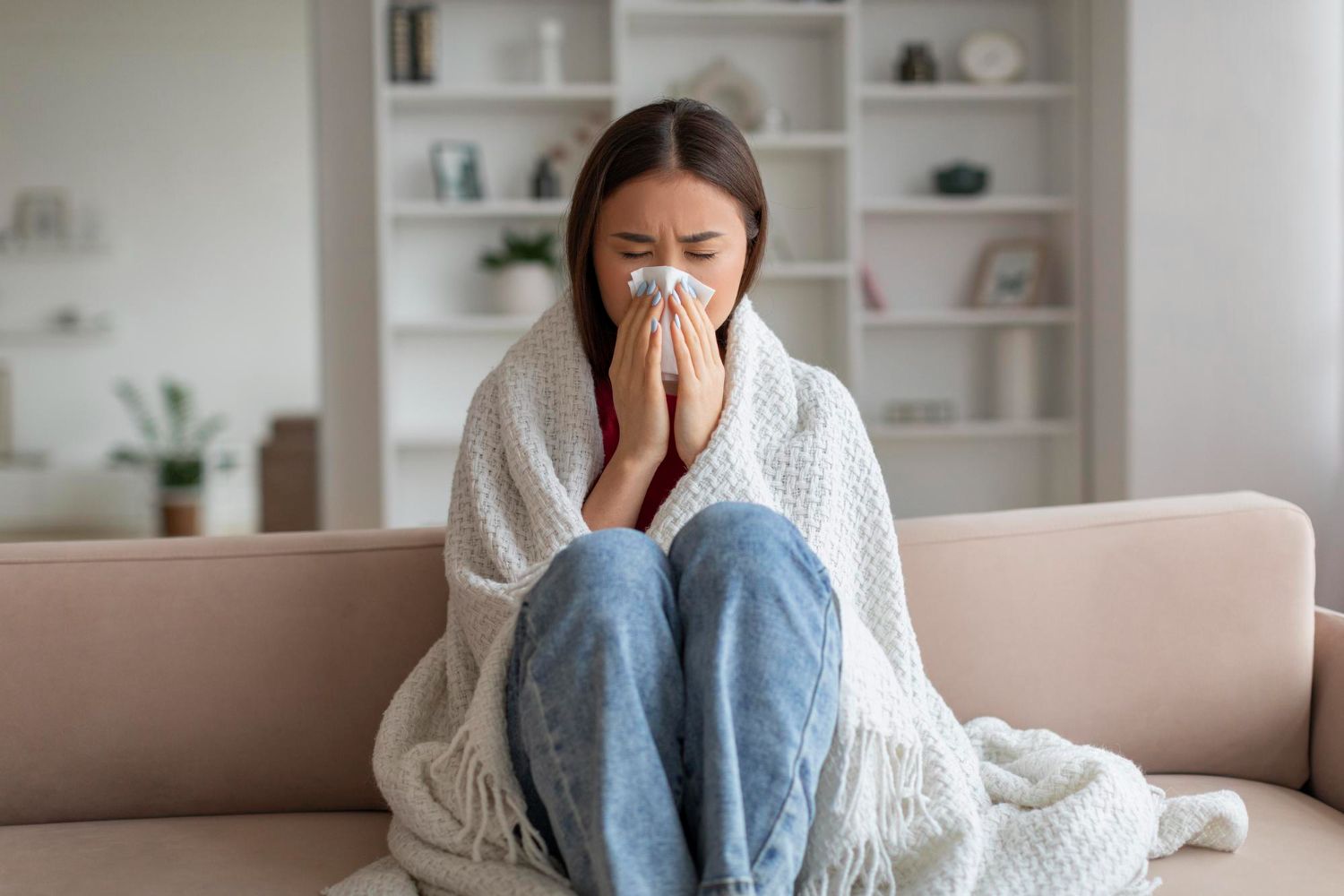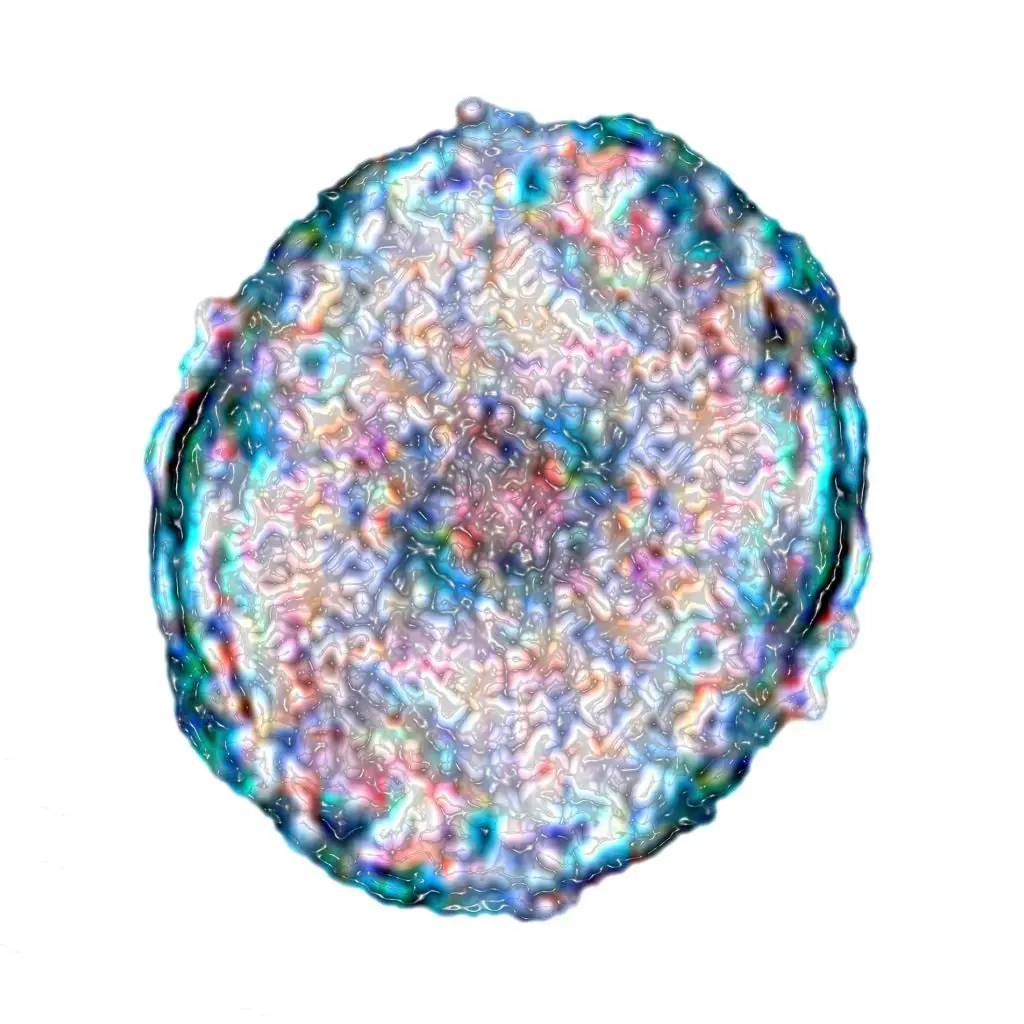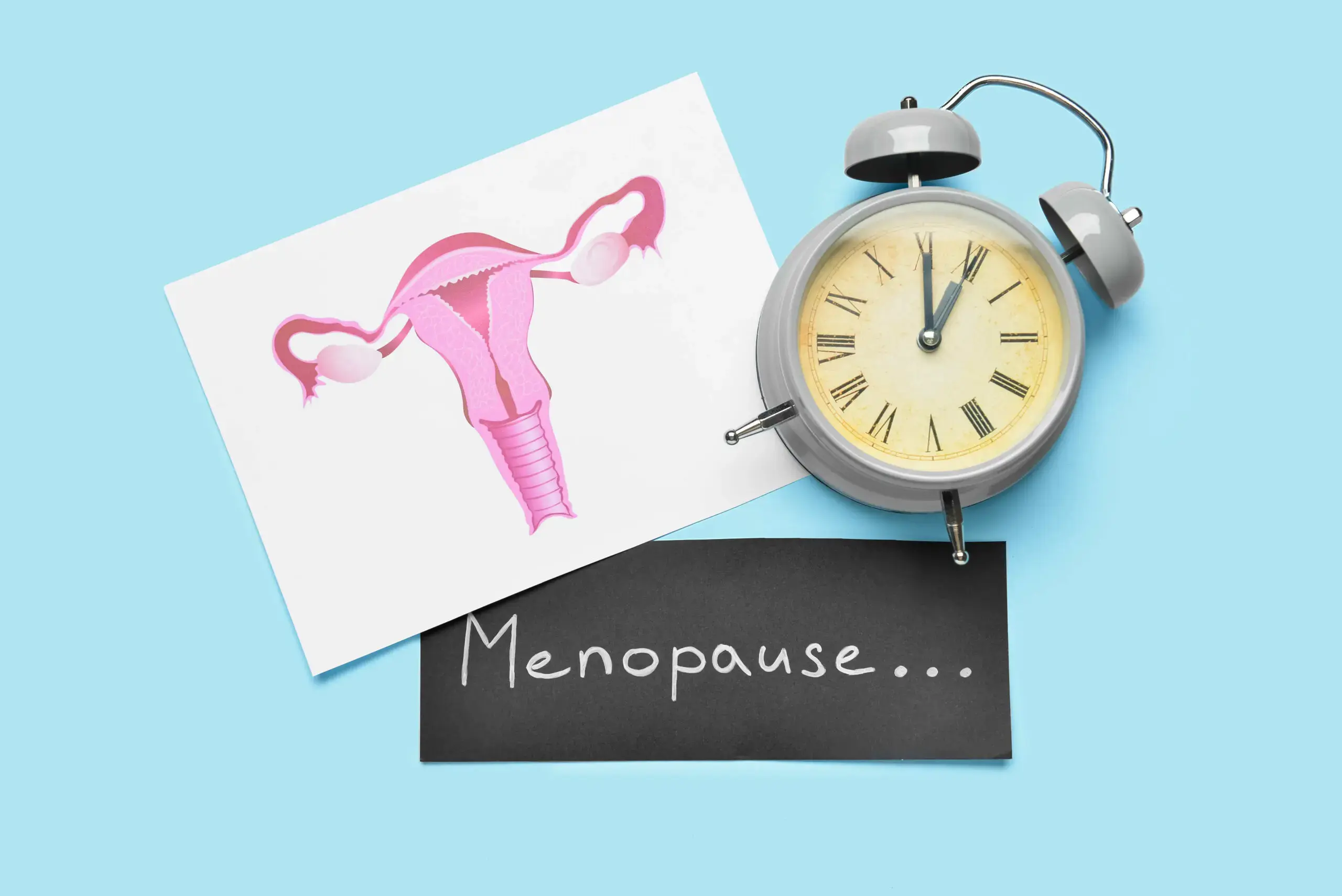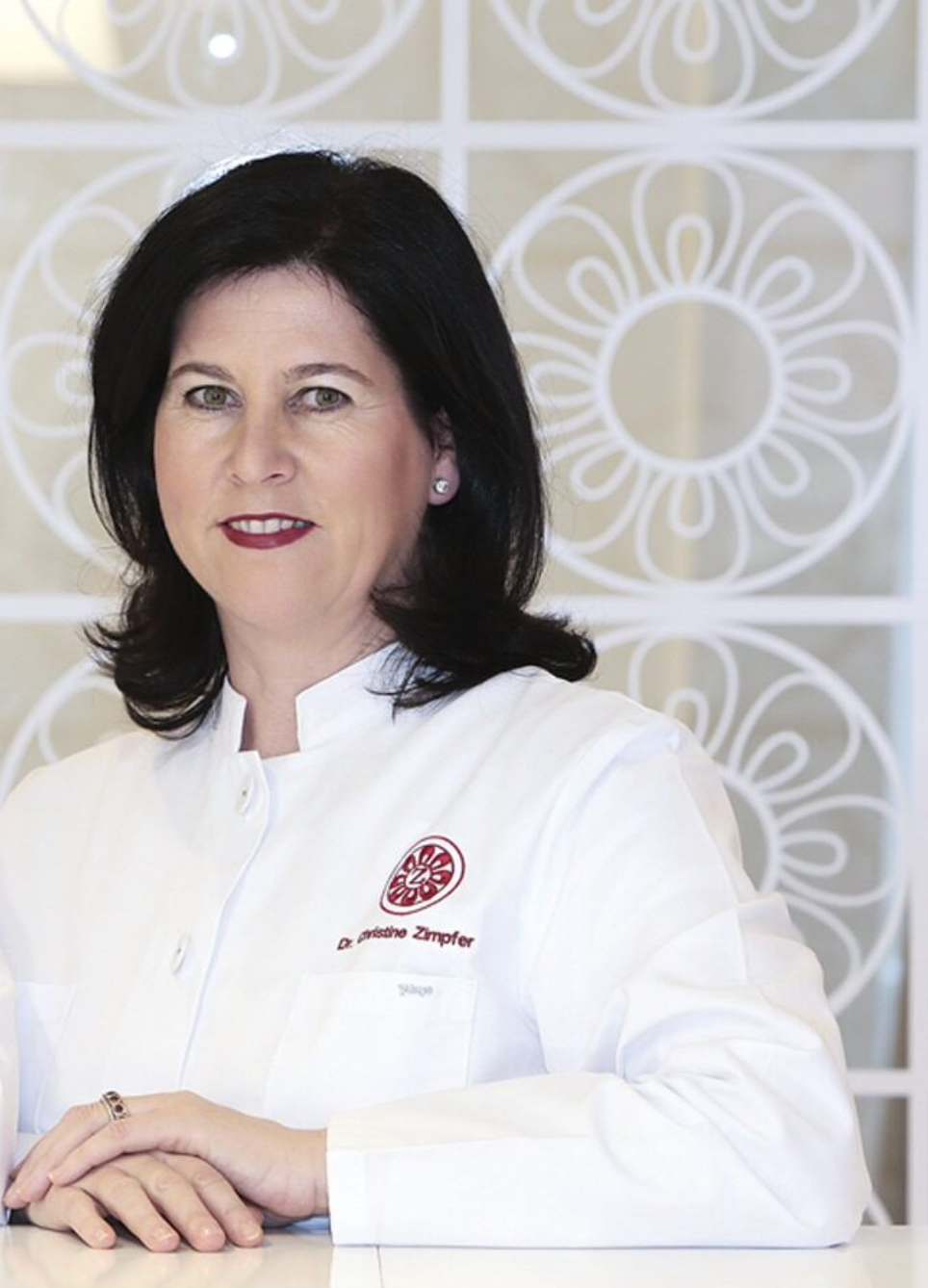The nose is running, the head aches, and you feel tired – but is it just a common cold or actually the flu? This question is asked by millions of people each year, especially during the cold season. Correctly distinguishing between them is important, because while a cold is usually harmless, real flu can lead to serious complications.
The most important differences at a glance
Cold (common cold)
A cold usually develops gradually over several days. Symptoms often start with a slight scratchy throat or a stuffy nose. Typical signs include:
- Runny nose with clear to yellowish secretion
- Mild to moderate headache
- Sore throat and cough
- Mild fever (up to 38°C) or no fever at all
- General fatigue, but not severe exhaustion
- Limb pain is rather rare and mild
Symptoms usually peak after 2-3 days and then gradually subside. A cold typically lasts 7-10 days.
Flu (Influenza)
Unlike a cold, a genuine flu usually appears very suddenly. From one moment to the next, you feel really sick. The symptoms are significantly more intense:
- High fever (over 38.5°C), often with chills
- Severe headache and body aches
- Dry, painful cough
- Extreme exhaustion and feeling of weakness
- Loss of appetite
- Sore throat (less common than with a cold)
- Runny nose is rather rare
Flu can last 1-2 weeks, and the exhaustion can last for weeks.
When should you see a doctor?
See a doctor for a cold:
- If symptoms last more than 10 days
- In case of persistent high fever over 39°C
- If symptoms worsen again after initial improvement
- In case of severe throat or ear pain
- If you belong to a risk group (Pregnant women, People over 65, chronically ill)
When you have the flu, see a doctor:
- In general, you should seek medical advice if you suspect influenza.
- This is particularly important within the first 48 hours after symptom onset.















